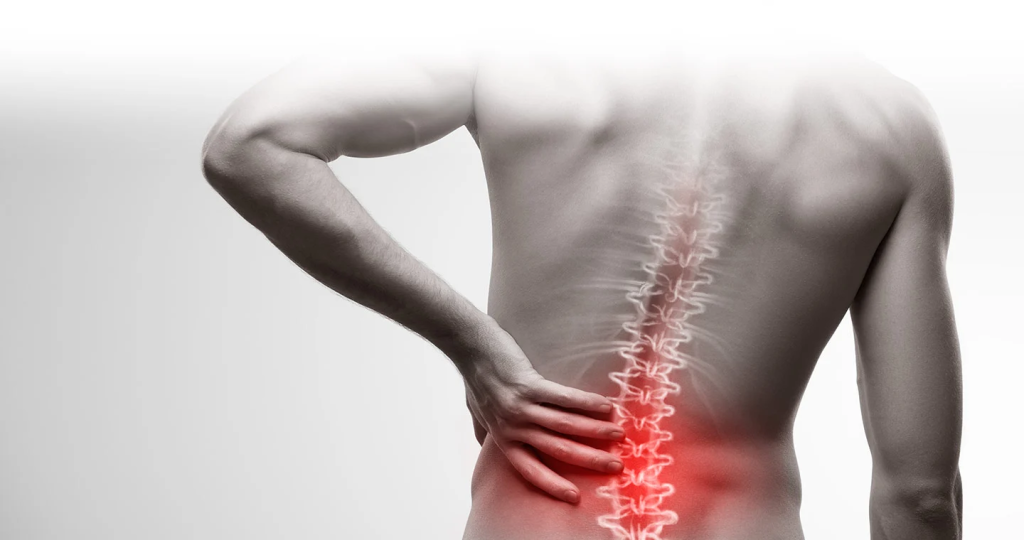
The Common Causes of Cervical Spine Pain

With the sedentary lives most people have adopted, cervical spine pain (neck pain) is a common concern. Hunching over a workbench or leaning over a computer holds your head in one position for an extended time. This may cause muscle tightness, stiffness, and reduced movement of the head. Even though the pain is not always a cause of concern and may resolve on its own, persistent severe pain may warrant an Arlington cervical spine check. Some common causes of neck pain include;
1. Muscle Strain
Neck pain can evolve over time due to overuse of the neck muscles. The cervical spine is the backbone of the head and the neck and is the most flexible, making it prone to injuries that can hinder neck movement. Repeated muscle strain can cause small tears in the spine’s supporting muscles, causing neck pain. Minor things like reading in bed and computer and phone use for long hours can cause strain.
2. Pinched Nerves
You may lose the sensations in your neck due to damaged structures of the neck. When an injury occurs in your neck area, it may cause the nerves in the neck to compress and not relay the intended messages. This may result in feelings of numbness and tingling in your arms, which may cause neck pain.
3. Wear and Tear of the Joints
The cervical spine is made of connective tissues to support the structure. Just as with other joints in the body, wear and tear can occur on the cervical spine due to age. This makes the spine prone to injuries, and a joint may slip out of its position, causing pain. Additionally, the body responds to wear and tear by forming herniated discs that restrict joint motion and pain. The discs also press on the nearby nerves and those radiating from the spine, causing pain.
4. Traumatic Injuries
Injuries resulting from unexpected whiplash or forceful back-and-forth movement of the head during accidents are common causes of neck pain. Depending on how severe an accident is, the injuries can have a range of symptoms. This can leave the neck’s soft tissues strained, restraining you from doing even some easy tasks.
5. Diseases
Some diseases can cause cervical spine damage, causing pain in your neck. Diseases like meningitis cause swelling of the membranes around the neck and brain, resulting in pain. Cervical spine pain linked to meningitis also presents symptoms of fever, nausea, neck stiffness, and headaches. Other autoimmune conditions like rheumatoid arthritis cause severe neck joint inflammation. This causes pain, stiffness, swelling, and reduced mobility around the cervical spine.
Neck pain is a common concern that can affect anyone. Ideally, some professions increase your risk of suffering from neck pain. If your job requires you to maintain a hunched posture for a long time, this causes repetitive strain on your neck. This can cause persistent neck pain or chronic episodes that come and go. Other causes of neck pain include declined muscle strength, stress, and lack of enough sleep. Even though it is hard to avoid neck pain, simple lifestyle and postural adjustments lower your risk of developing chronic neck pain.
